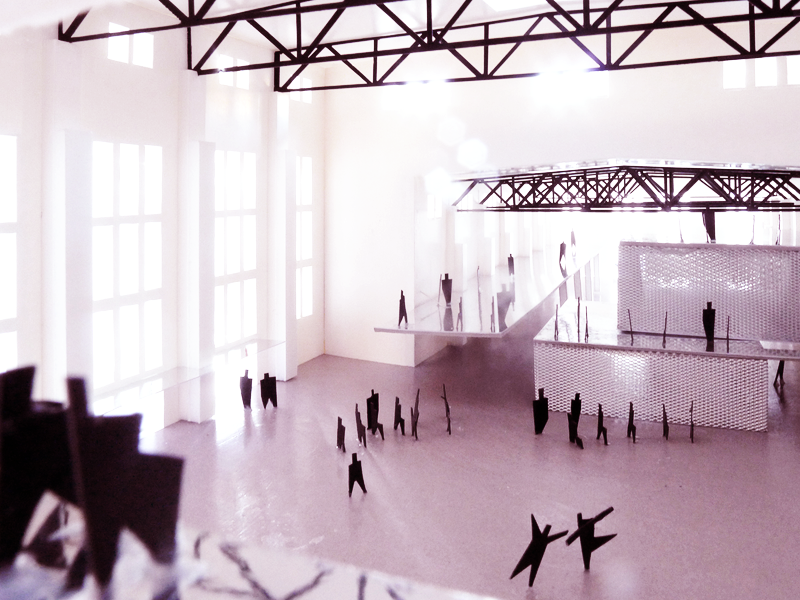
Interactive And Accessible Literature In Azerbaijan
With an increased interest in literature, many amateur writers and poets are emerging on the literary scene in Azerbaijan. However the further development of their writing skills is limited as teaching literature is still done only at universities. The main obstacle is that an applicant should have a certain knowledge base and should gain certain score to pass entry exams and to be admitted to a faculty. Also higher education qualifications in literature are available only in four cities in Azerbaijan. The absence of massive open online courses (MOOCs) or workshops in Azerbaijani creates the risk of disaffecting young amateur writers and this may lead to a loss of potential talent. At the same time a lack of an interactive element in teaching literature may result in the deceleration of the development and modernisation process. Currently The Nizami Institute of Literature at the Azerbaijan National Academy of Sciences is the main scientific centre advancing the science of literary studies, but all of their studies remain on paper only. Easy access to MOOCs and their rapid development creates opportunity for Azerbaijan to promote innovation in literature education and to position itself to take a leading role in CIS countries. It is recommended that the Ministry of Education establishes collaboration between the Nizami Institute of Literature at the Azerbaijan National Academy of Sciences and one of the largest educational technology companies such as Coursera (that offer MOOCs) to create online courses or workshops. Partnership with MOOCs will also provide excellent opportunities to promote Azerbaijan literature around the world, if translation of the courses into other languages, such as English and Russian is considered.
---
The policy briefs are the result of capacity building work undertaken by the EU-Eastern Partnership Culture and Creativity Programme in 2016-2017 with 240 Programme Associates, who had completed a series of eight workshops in business management for mid-career cultural operators. The purpose of these briefs is to help them additionally understand the role of professionals in providing concise and neutral policy advice in the area of their competence. The task was to identify problems with in the sector, provide potential models, options and solutions, support critical thinking, evidence-based policy analysis and the formulation of recommendations. The ideas were developed by the Associates themselves.




